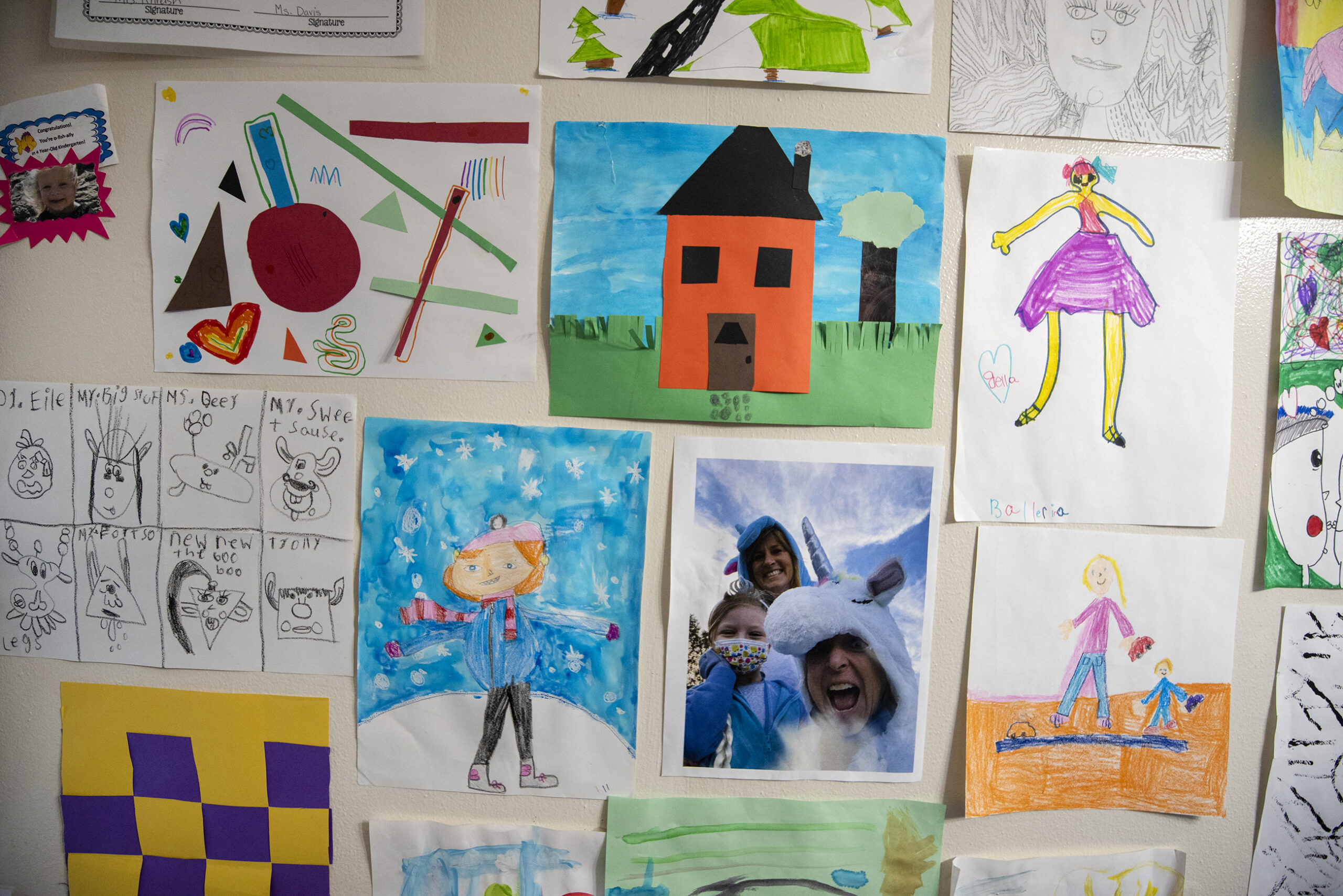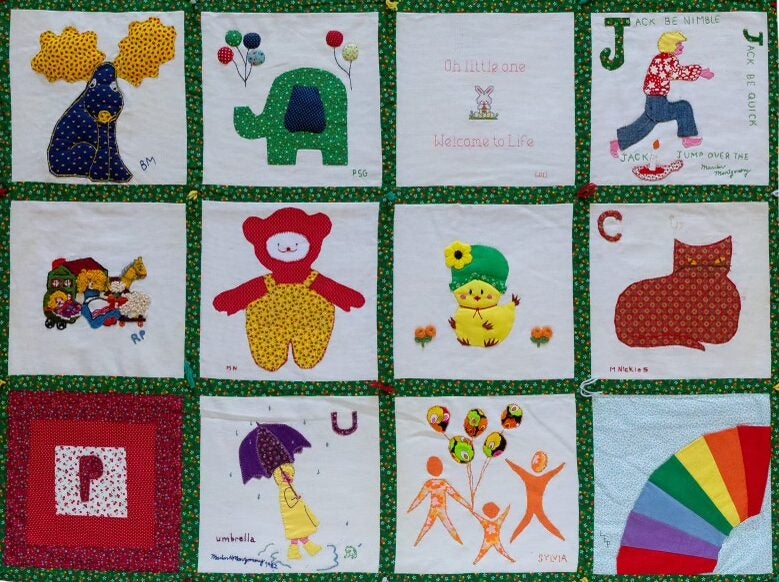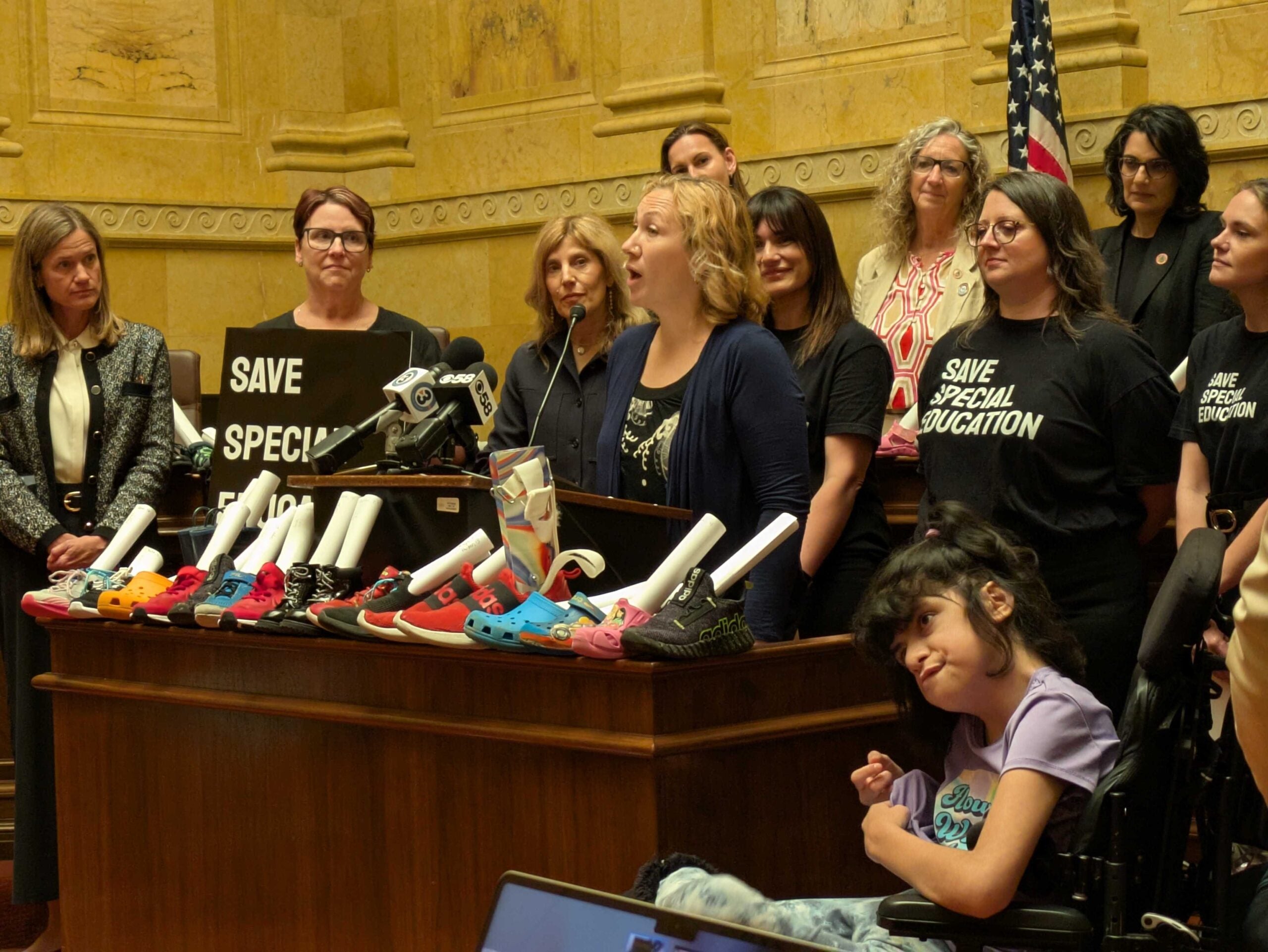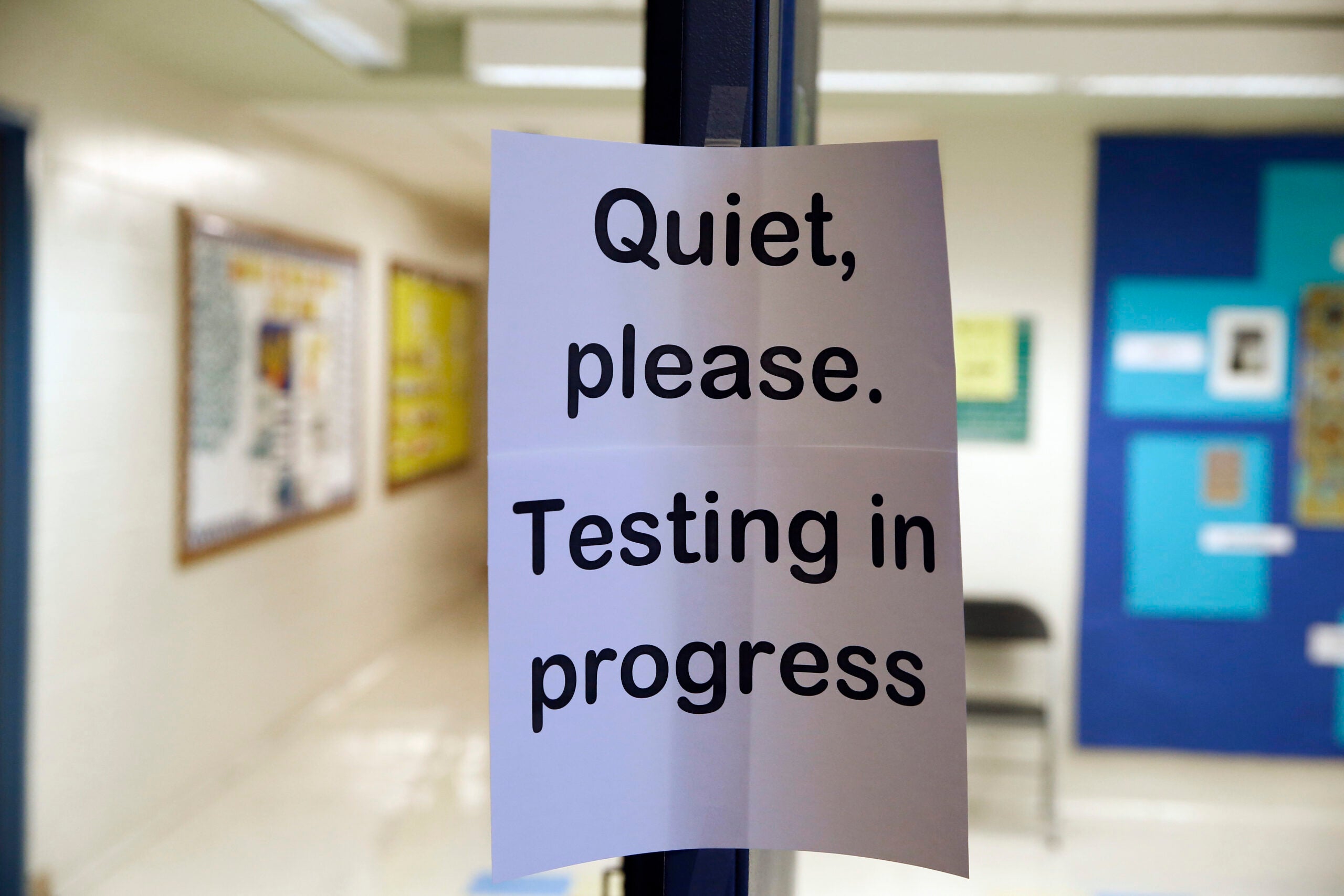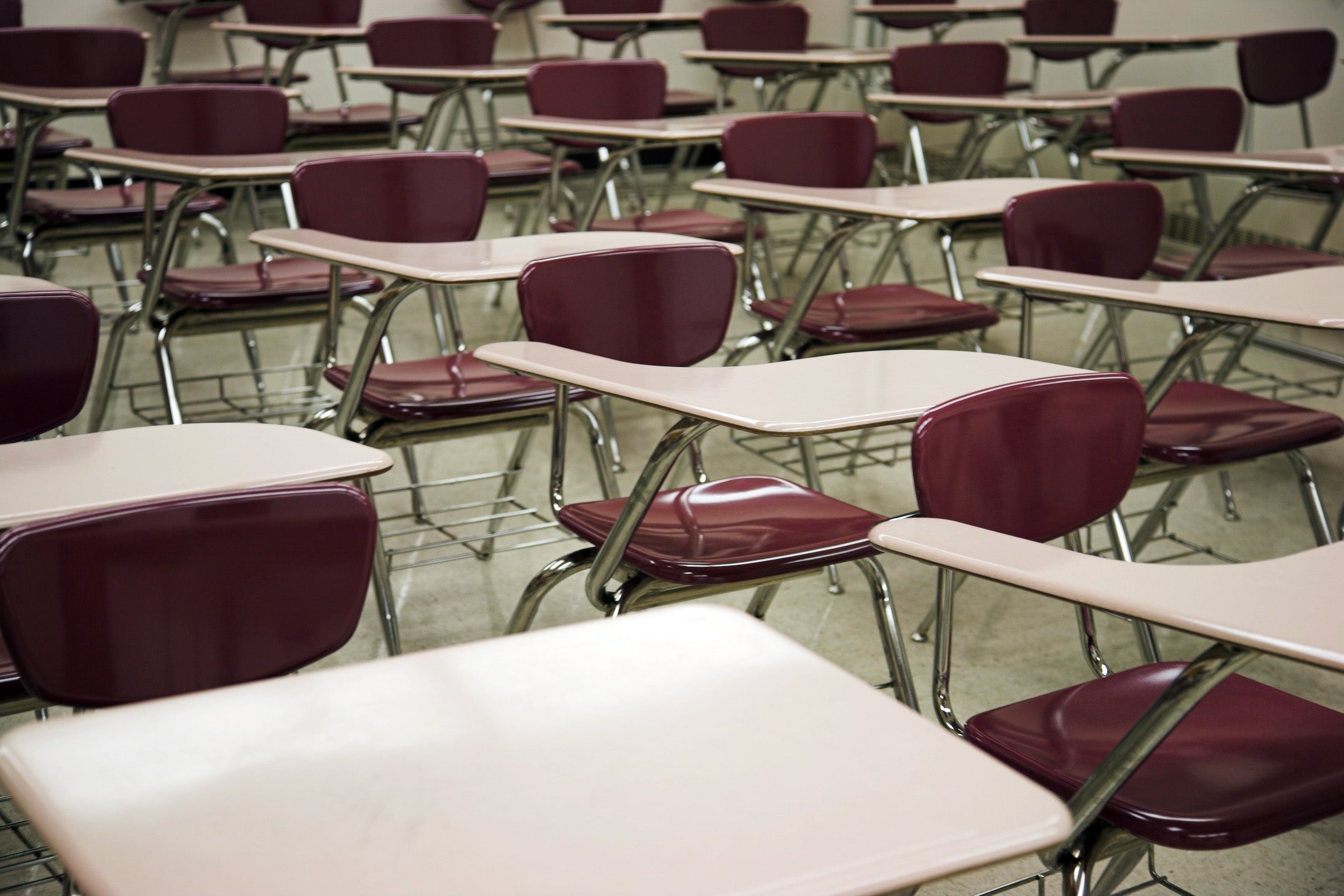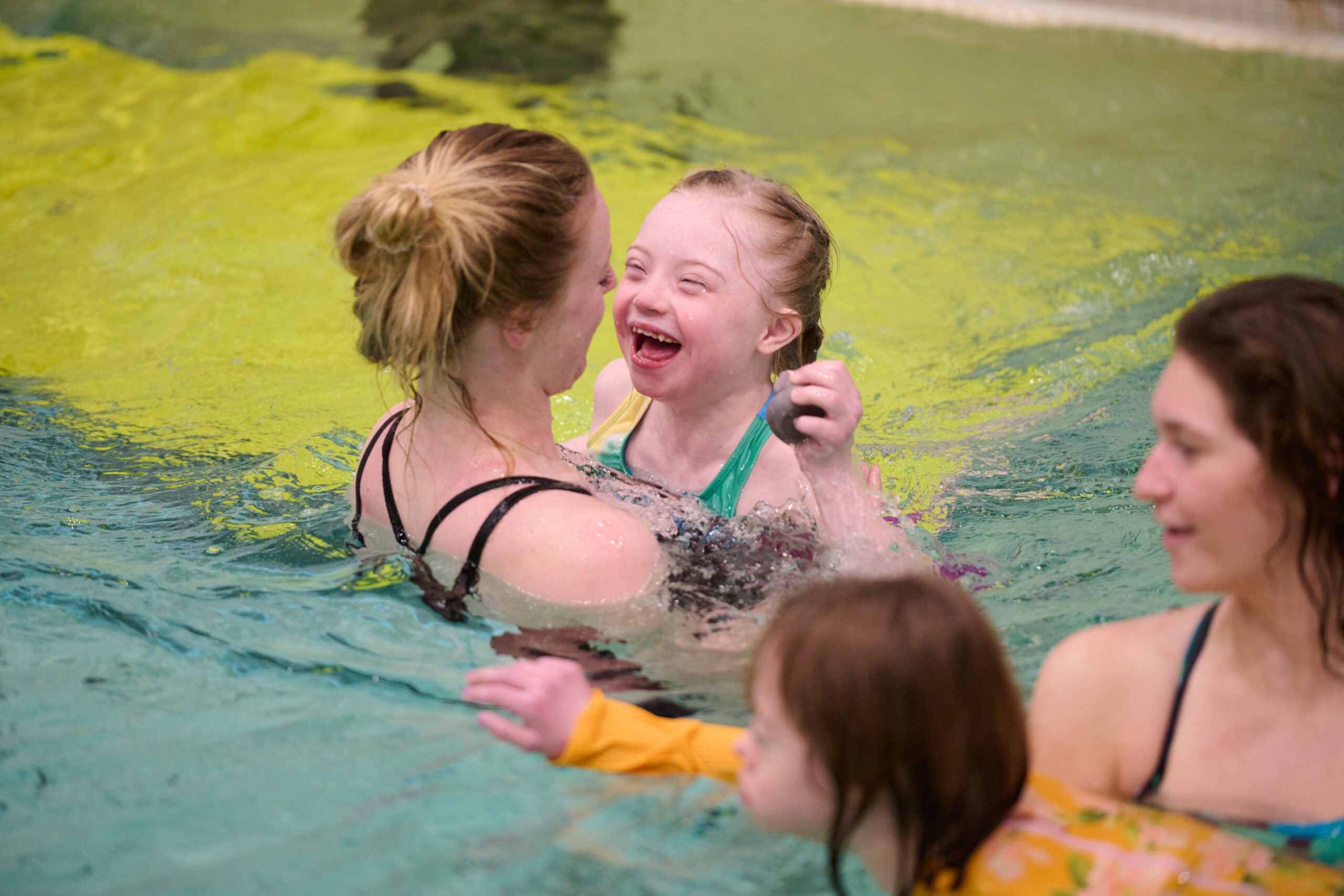With about half of Wisconsin’s new special education teachers leaving the field after just a few years on the job, the Department of Public Instruction is launching a program to attract and retain instructors.
The Special Education Induction Program will provide coaching and mentorship sessions to 300 first- or second-year special education teachers beginning this fall.
“What we’ve learned from our research is those individuals that go through a well-developed and comprehensive induction program are half as likely to leave in the first few years,” said Barbara Van Haren, an educational consultant with the Department of Public Instruction. “We want to put our time and effort at the department in making sure we provide a consistent and state-wide induction program for new teachers.”
News with a little more humanity
WPR’s “Wisconsin Today” newsletter keeps you connected to the state you love without feeling overwhelmed. No paywall. No agenda. No corporate filter.
A federal IDEA — Individuals with Disabilities Education — grant will fund the program for the next three years. Retention data will be analyzed, and the program could be extended if successful, Van Haren said.
Developing and keeping a qualified special education workforce has been a challenge in the field for more than two decades, and it is something 48 states struggle with, according to the U.S. Department of Education.
Federal law recognizes 13 disabilities that require special education, including autism, hearing and vision impairments, and speech or language impairments. It also includes differing emotional, intellectual and learning disabilities.
And because special education students are part of the general education classroom, teachers serve as both case managers, responsible for developing an individualized education program for each pupil and general education learning.
Within the special education field, teachers are 2.5 times more likely to leave the profession than general education teachers, according to the DPI.
Fewer special education teachers mean more students in the classroom. Having a lack of qualified special education teachers threatens the quality of education that students with disabilities receive.
“Special education teachers need a wide variety of expertise to be successful in their positions,” Van Haren said. “They really need a tremendous amount of expertise, over and above other teachers. That certainly can be challenging, and certainly they have very full plates.”
DPI’s induction program is modeled after one launched three years ago in Georgia that has shown promising results.
Among the Georgia special education teachers who completed the program in the 2021-22 school year, 84 percent were retained for the next school year. Seventy-four percent of teachers who didn’t complete the program returned for the next school year, according to a state survey.
Wisconsin’s 12 Cooperative Educational Service Agencies, or CESA, will each choose 25 teachers for the program. There will be no cost to the school district, and participating districts will receive up to $1,500 per participant to offset the cost associated with participation in the induction program.
Each CESA will have a designated trainer, coach and facilitator to lead the program. Participating teachers will be given six full days of professional development, six networking sessions and monthly coaching, said Junko Jacobs, director of the CESA 6 Student Services Leadership and Learning Center in Oshkosh.
“This gives the teachers an opportunity for a neutral party to come in and provide information and give them an extra set of tools about topics that are not necessarily about their specific district’s curriculum… to give them that extra help,” Jacobs said.
Wisconsin Public Radio, © Copyright 2025, Board of Regents of the University of Wisconsin System and Wisconsin Educational Communications Board.

